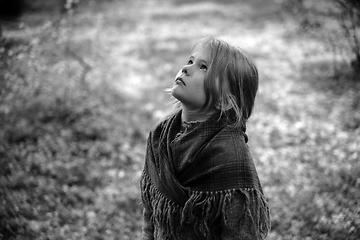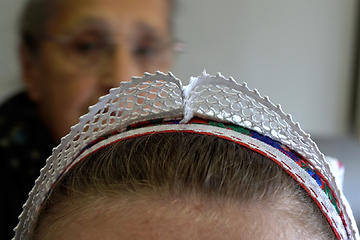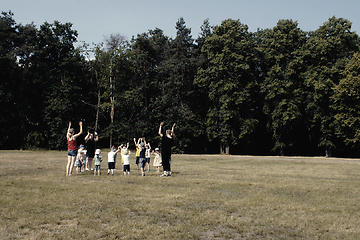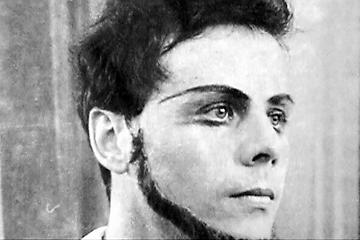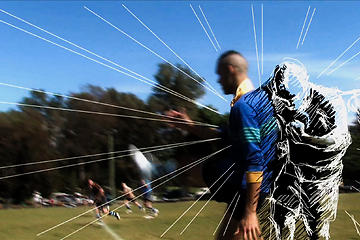
SPRENGBAGGER 1010
BLAST EXCAVATOR 1010

While Hartmann's superior and his assistant push ahead with the construction of the excavator, both his fiancée and his mother, who has been running a mill owned by the family for centuries, oppose the plans for resettlement and devastation. He has to make up his mind ... The film, shot in the Central German mining district and in the Leuna works, impresses above all with the expressionistic shots of a monstrous machinery, which is shown in its destructive power, and the dynamic montage. In addition, we encounter two strong, very modern female figures, whose equality intensifies the tension between capitalist expansion and the preservation of landscape and homeland. The original score of the "Maschinenmusik" (music of the machine) for chamber orchestra, oxygen bottles, work sirens and chorus ("Kohle, Kohle!" / “Coal, Coal!”) was re-recorded in 2011 for arte and WDR. Despite a surprising summary at the tragic end – an avant-garde document of early ecological consciousness. GL
35 mm | S&W / B&W
Carl-Ludwig Acház-Duisberg
Helmar Lerski, Arthur von Schwerführer, Herbert Körner, Hugo von Kaweczynski
Andrej Andrejew
Walter Gronostay
Heinrich George, Iwan Kowal Samborski, Viola Garden, Ilse Storbrawa, Gertrud Arnold, Paul Biensfeldt, Paul Henckels, Ilse Vogdor
Bundesarchiv Film
Stephanie Müller
Finckensteinallee 63
12205 Berlin
Germany
+49 30 18 77 70 968
stephanie.mueller@bundesarchiv.de
www.bundesarchiv.de
Carl-Ludwig Acház-Duisberg - born in 1889 in Wuppertal, Germany, deceased 1958. He was a director and actor and known for roles in WENN DIE MASKE FÄLLT as well as DIE LÜGE EINES SOMMERS. His silent movie SPRENGBAGGER 1010 was not well received by the critics and was shortened by several minutes shortly after the premiere.
